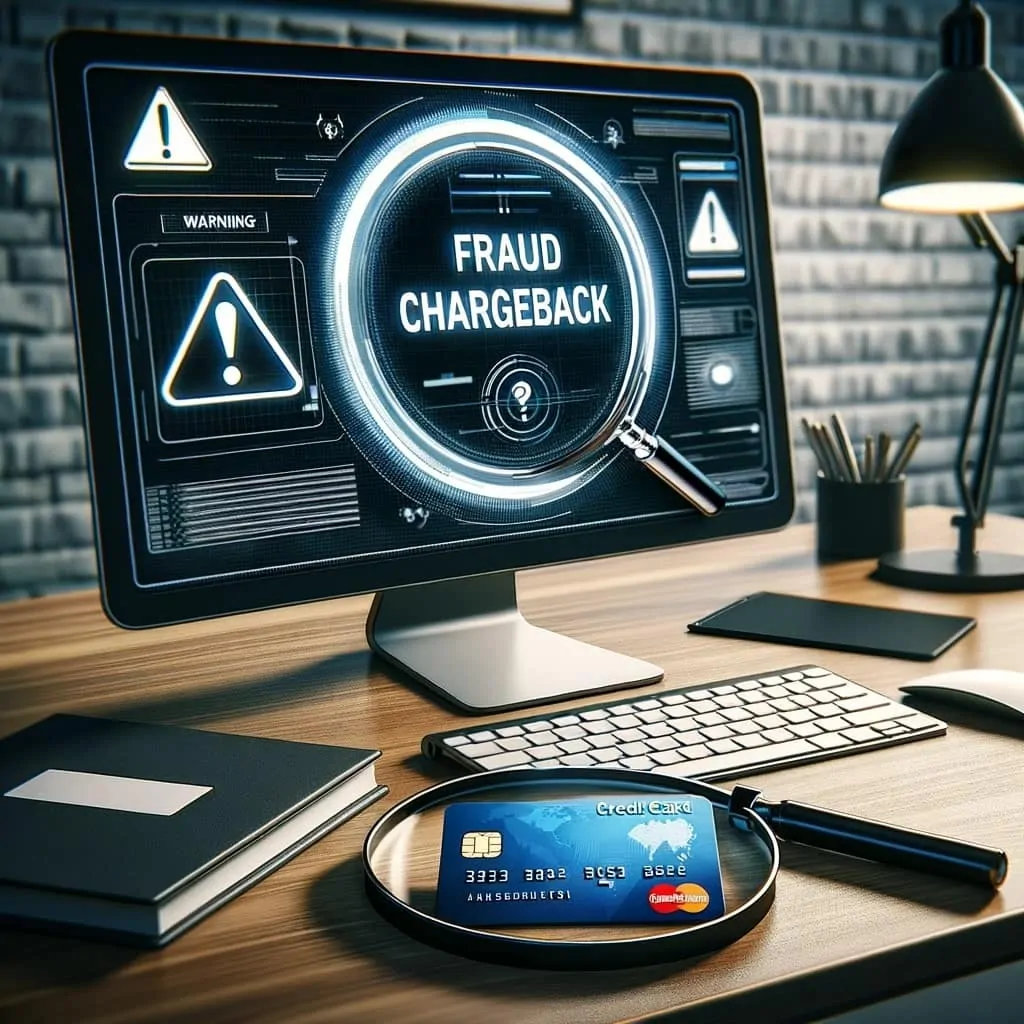
Navigating the Surge: The Rise of Chargebacks and Fraud in the Hotel Industry
Table of Contents
ToggleIn an era where digital transactions have become the backbone of the hospitality sector, the hotel industry is experiencing unprecedented growth. However, this expansion is accompanied by a significant surge in financial and security challenges, notably the increase in chargebacks and fraudulent activities. These issues not only affect the industry’s profitability but also its operational efficiency and reputation. As we delve into the complexities of these challenges, it becomes clear that understanding and addressing them is crucial for the sustained success of hotel businesses.
The Chargeback Conundrum
Chargebacks, once a protective measure for consumers against fraudulent transactions, have now become a double-edged sword for the hotel industry. Initially designed as a form of consumer protection, the process allows customers to dispute a transaction, leading banks to withdraw funds from a merchant’s account until the dispute is resolved. For hotels, this means not just a temporary revenue loss, but also additional fees and a lengthy dispute resolution process, which can be particularly detrimental to smaller establishments. Recent statistics indicate a steady increase in chargeback rates, with many hotels reporting tens of thousands of dollars in annual losses, highlighting the need for a more robust defense mechanism against unjustified disputes.
Frauds and Scams: A Growing Threat
The hotel industry is increasingly grappling with sophisticated fraud schemes that range from identity theft and credit card fraud to more nuanced tactics like fake bookings and reservation manipulations. Guests often book rooms using incomplete or intentionally misspelled information, complicating the verification process for hotels. The situation is further exacerbated by lapses at the front desk, such as failing to update or accurately record guest information, which opens up avenues for fraudulent chargeback claims. These claims can be particularly damaging as they often include not just the room revenue but also cleaning fees and charges for any damages incurred.
One prevalent fraud involves guests swapping cards with other group members or making reservations under different names, thereby obfuscating the trail of accountability. When such guests file for chargebacks, hotels find themselves at a disadvantage, lacking the concrete evidence needed to dispute the claims due to incorrect or incomplete information.
Case Study: Enhancing Security to Combat Chargebacks
A number of hotels have reported annual losses amounting to tens of thousands of dollars due to the rise in chargeback incidents. Fraudsters are exploiting the aforementioned tactics with alarming success, prompting hoteliers to seek enhanced security measures. By equipping the front desk with the necessary tools to accurately record guest information and verify transactions, some hotels have seen a significant reduction in fraudulent chargebacks. This not only helps in recovering lost revenues but also ensures compliance with transaction processing standards, thereby safeguarding the hotel’s financial health and reputation.
Technological Advancements and Their Double-Edged Sword
The digital era has ushered in a wave of technological advancements that have transformed the hotel industry, making booking and payment processes more efficient and user-friendly. Online reservations, mobile check-ins, and digital payments offer unparalleled convenience for guests and operational efficiency for hotels. However, this reliance on technology also presents new vulnerabilities, making the industry a lucrative target for cybercriminals.
Sophisticated fraudsters exploit these digital platforms to execute elaborate scams, from hacking into reservation systems to using stolen credit card information for fraudulent bookings. The anonymity afforded by online transactions further complicates the identification and tracking of such activities, posing a significant challenge for hoteliers in safeguarding their revenue and maintaining the integrity of their services.
Mitigating Risks: Strategies and Solutions
In response to the escalating threat of chargebacks and fraud, the hotel industry is adopting a multi-faceted approach to fortify its defenses. Key strategies include:
- Enhanced Verification Processes: Implementing stringent verification measures at the booking and check-in stages to confirm the identity of guests and the authenticity of their payment methods.
- Secure Payment Systems: Adopting advanced payment solutions that offer encryption and tokenization to protect transaction data from interception or misuse.
- Employee Training: Equipping staff with the knowledge and tools to recognize potential fraud signs and respond effectively to suspicious activities.
- Fraud Detection Software: Leveraging AI and machine learning-based tools to analyze transaction patterns and flag anomalies that could indicate fraudulent activity.
- Collaboration and Information Sharing: Engaging in industry-wide collaborations to share insights, best practices, and intelligence on emerging fraud trends and countermeasures.
By embracing these strategies, hotels can not only enhance their resilience against financial fraud but also foster a secure and trustworthy environment for their guests.
Conclusion
The rise of chargebacks and fraud in the hotel industry presents a complex challenge that demands a proactive and comprehensive response. While technological advancements have brought about significant efficiencies and conveniences, they have also exposed the industry to new risks. It is imperative for hoteliers to stay ahead of these threats through continuous education, investment in advanced security technologies, and adherence to best practices in fraud prevention.
As the industry navigates these turbulent waters, the collective efforts of hotels, technology providers, and financial institutions will be crucial in developing robust defenses that protect both revenues and reputations. The journey toward a more secure hotel industry is ongoing, but with the right strategies and collaborations, hoteliers can turn the tide against chargebacks and fraud.
